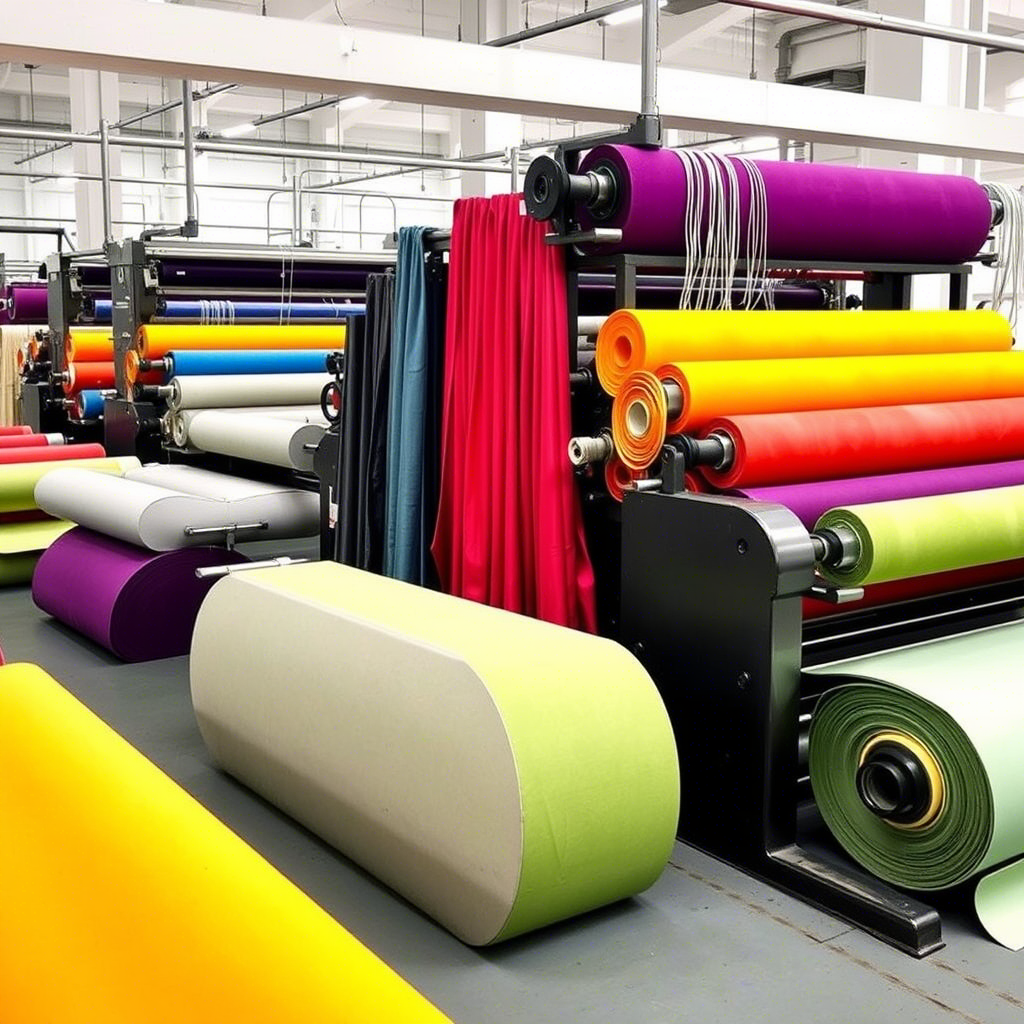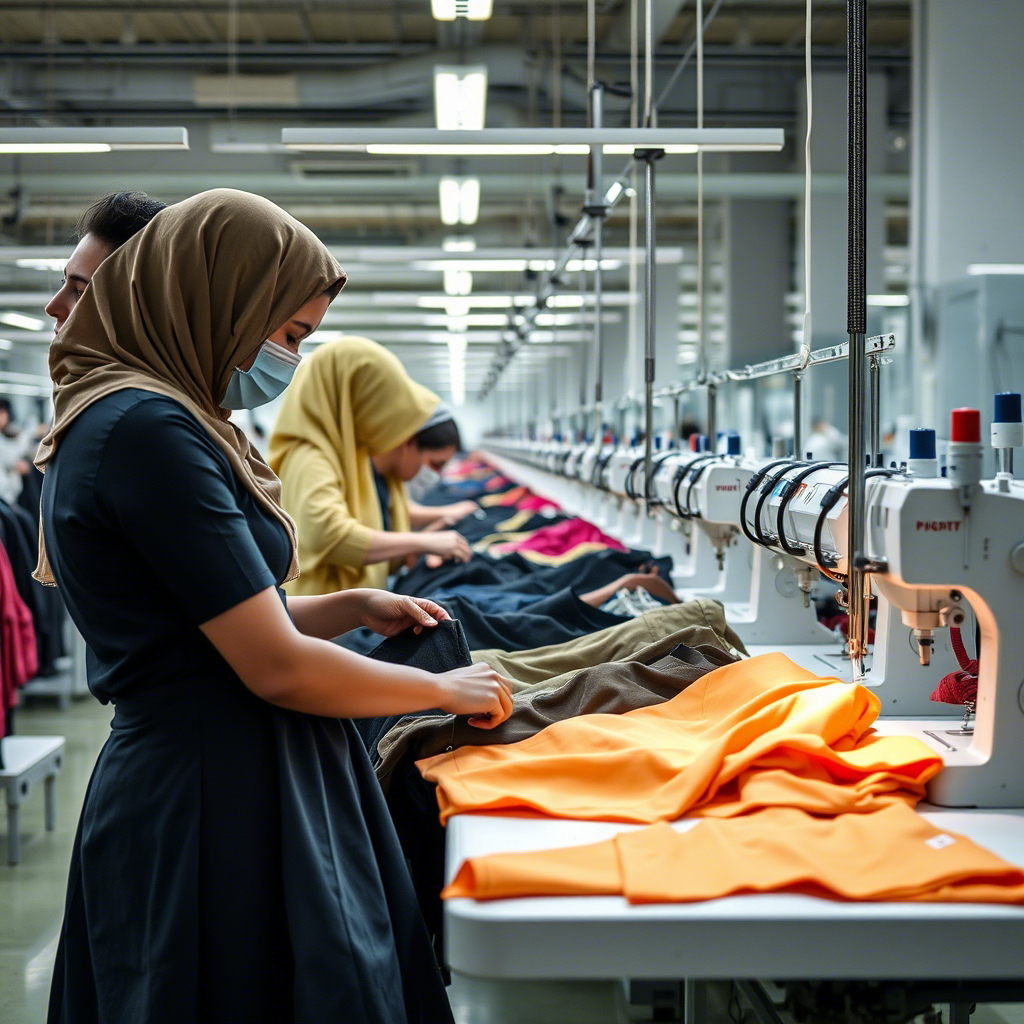Clothing Manufacturing and Wholesale Suppliers
The clothing manufacturing industry is a significant sector in the global economy, with a vast network of suppliers, manufacturers, and distributors. The rise of fast fashion and e-commerce has transformed the industry, making it more competitive and complex. Clothing manufacturers and wholesale suppliers play a crucial role in this ecosystem, providing high-quality products to retailers and consumers. In this article, we will explore the world of clothing manufacturing and wholesale suppliers, highlighting key trends, challenges, and opportunities.
The Clothing Manufacturing Process
The clothing manufacturing process involves several stages, from design and prototyping to production and quality control.
Design and Prototyping
- Clothing manufacturers work with designers to create prototypes and samples.
- The design process involves selecting fabrics, colors, and styles.
- Prototyping allows for testing and refining the garment before mass production.
 As shown in the image, textile manufacturing facilities produce a wide range of fabrics used in clothing production. The quality of the fabric is crucial in determining the final product’s quality.
As shown in the image, textile manufacturing facilities produce a wide range of fabrics used in clothing production. The quality of the fabric is crucial in determining the final product’s quality.
Production and Quality Control
- Clothing manufacturers use various production methods, including cut-and-sew and knit-to-shape.
- Quality control measures are implemented at every stage of production to ensure high-quality garments.
- Manufacturers must comply with regulations and standards related to labor, safety, and environmental sustainability.
Wholesale Suppliers: Connecting Manufacturers to Retailers
Wholesale suppliers act as intermediaries between clothing manufacturers and retailers, providing a vital link in the supply chain.
Sourcing and Procurement
- Wholesale suppliers source products from manufacturers and negotiate prices.
- They provide retailers with a range of products, from basic apparel to high-end fashion.
- Suppliers often offer customized services, such as labeling and packaging.
 The image shows wholesale clothing suppliers showcasing their latest apparel collection. Suppliers like Lezon Kids offer a wide range of products, including boys’ coats, which can be found in their online catalog.
The image shows wholesale clothing suppliers showcasing their latest apparel collection. Suppliers like Lezon Kids offer a wide range of products, including boys’ coats, which can be found in their online catalog.
Building Relationships and Managing Logistics
- Wholesale suppliers build relationships with manufacturers and retailers to ensure smooth transactions.
- They manage logistics, including shipping and inventory management.
- Suppliers must be responsive to changing market trends and consumer demands.
Trends and Challenges in Clothing Manufacturing and Wholesale Supply
The clothing manufacturing and wholesale supply industry faces several trends and challenges, including sustainability, technological advancements, and changing consumer behavior.
Sustainability and Environmental Concerns
- The industry is under pressure to reduce its environmental impact.
- Manufacturers and suppliers are adopting sustainable practices, such as using eco-friendly materials and reducing waste.
- Consumers are increasingly demanding sustainable and responsible fashion.
Technological Advancements
- Technology is transforming the industry, with advancements in manufacturing, logistics, and e-commerce.
- Manufacturers and suppliers are leveraging technology to improve efficiency, reduce costs, and enhance customer experience.
- For example, some suppliers are using digital platforms to connect with manufacturers and retailers, such as online marketplaces.
Opportunities for Growth and Innovation
Despite the challenges, the clothing manufacturing and wholesale supply industry offers opportunities for growth and innovation.
Emerging Markets and New Business Models
- Emerging markets, such as Asia and Africa, offer opportunities for growth and expansion.
- New business models, such as direct-to-consumer sales and subscription services, are changing the way manufacturers and suppliers operate.
- Companies can explore new markets and business models to stay competitive.
 The image highlights the importance of quality control in clothing manufacturing. By investing in quality control measures, manufacturers can reduce waste and improve customer satisfaction. For more information on high-quality clothing products, you can visit Lezon Kids’ boys’ coat collection.
The image highlights the importance of quality control in clothing manufacturing. By investing in quality control measures, manufacturers can reduce waste and improve customer satisfaction. For more information on high-quality clothing products, you can visit Lezon Kids’ boys’ coat collection.
Conclusion
The clothing manufacturing and wholesale supply industry is complex and dynamic, with many trends, challenges, and opportunities. By understanding the industry’s intricacies, manufacturers and suppliers can navigate the landscape and thrive. Key takeaways include the importance of sustainability, technological advancements, and emerging markets. As the industry continues to evolve, companies must be adaptable and responsive to changing consumer demands and market trends.

Comments